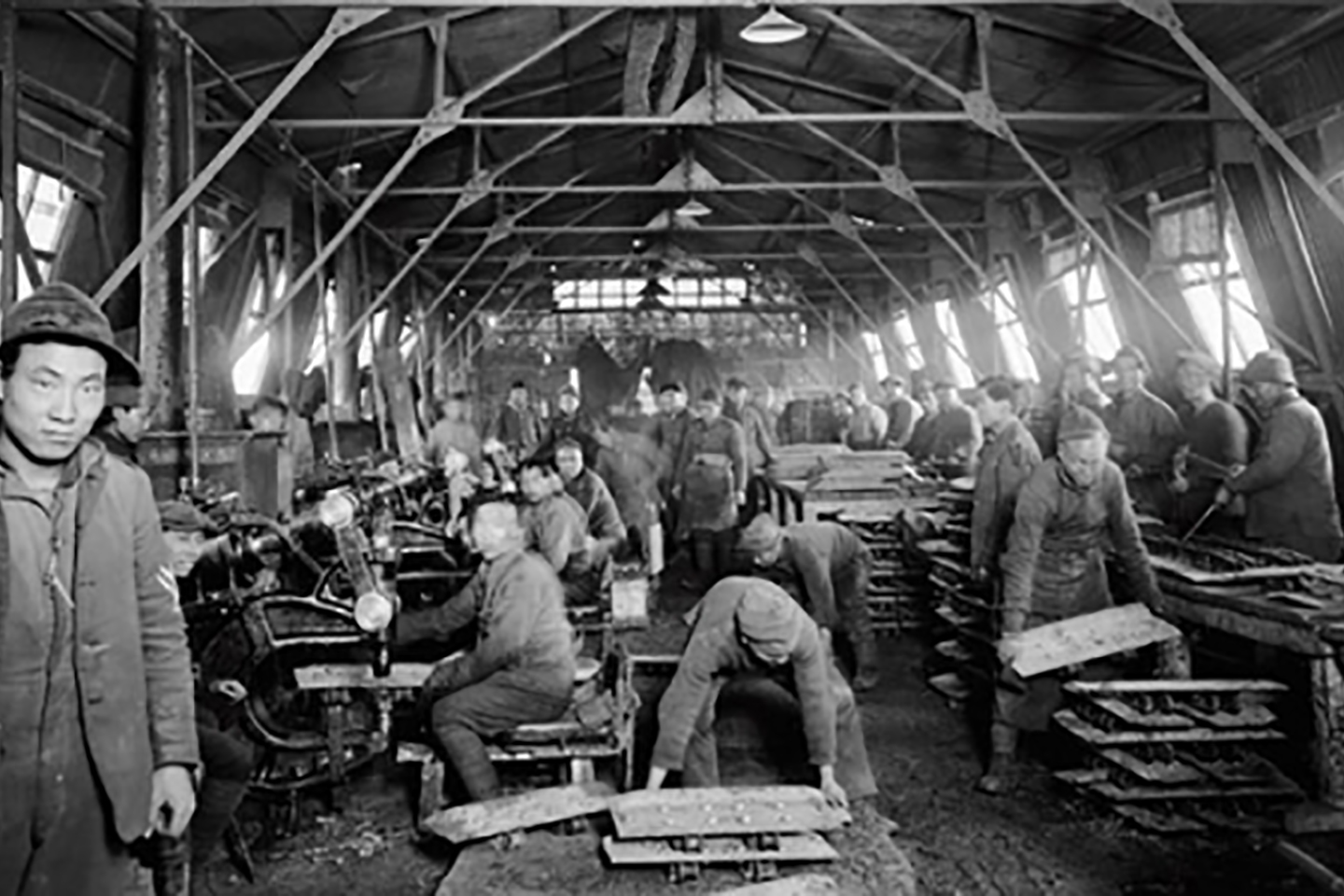
The Global Borders Research Collaborative in MIT Global Studies and Languages and the World History Seminar present:
Imperial Mediations:Chinese-Arab Connections at the Turn of the 20th Century
Shuang Wen
Thursday, April 21, 2016
E51-275 • 4:30 PM
Shuang Wen is a Postdoctoral Research Fellow at the National University of Singapore. Wen holds a PhD in History from Georgetown University. Research for this project has taken her to China, Egypt, Syria, Taiwan, the United Kingdom, and the United States.
This project uncovers four little-known stories that linked Britain, China, Egypt, France, Japan, and the United States at the turn of the twentieth century. They include the ways in which Chinese and Arab societies regarded each other in response to the common challenge of western imperialism, how soybeans and their cultivation circulated from China to Egypt, the encounters of Arab and Chinese laborers working for the American Expeditionary Forces in WWI France, and the western missionary efforts to proselytize in Egypt and China. In narrating these stories, this project investigates the mediating role of western and Japanese powers in the intellectual, commercial, and interpersonal connections between Chinese and Arabic speaking societies during the high tide of global imperialism. Despite their great distance from each other, the Chinese and the Arabs occupied a similar position in the world order as colonized and semi-colonized peoples. As a result, in response to their comparable political and social situations, ideas, commodities, and people were transferred between them through transnational networks. Different modes of mediations—textual, material, and spatiotemporal—were involved in the processes of movements. These layers of mediations, as exemplified by each story, constitute the mechanisms of the entanglements of the world.
World History Seminar
